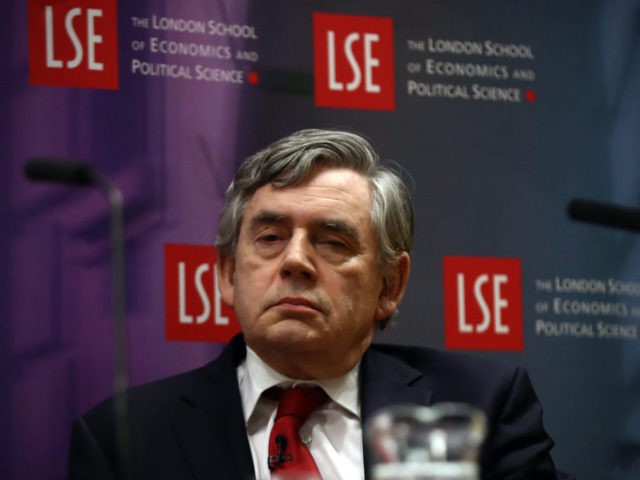A vote to remain within the European Union (EU) is unlikely to put the issue to rest entirely, as the government did not go far enough in its renegotiation of Britain’s membership terms, a new report has claimed.
With just over two weeks of fierce debate over Britain’s membership of the EU – a debate which has at times threatened to rip the Conservative party apart – voters might be forgiven for hoping that, whichever way the vote goes, it will put the issue to bed once and for all.
But analysis by the London School of Economics suggests that it’s not going to happen, thanks to Prime Minister David Cameron’s failure to secure meaningful changes to Britain’s membership terms during his pre-referendum negotiations earlier this year.
“A vote to remain in the EU, on the basis of the deal the Government has negotiated, will not resolve many of the thorny issues that have made the UK’s place in Europe so controversial. As a result, Euroscepticism is likely to remain a potent political force in British politics,” the report reads.
Overall the report recommends a Remain vote, however on the basis that leaving the EU is “largely a leap into the unknown,” while “the task of extricating the UK from the EU would be complex, time-consuming and costly in political and economic terms.”
And it claimed that the question of regaining British sovereignty through Brexit “is far from straightforward”.
“In principle, if Britain left the EU it would enable Parliament to pass laws unencumbered but in practice this will be difficult to achieve. Maintaining access to the single market would oblige the UK to continue to adopt EU laws.”
The report was unveiled yesterday at an event which featured the former Prime Minister Gordon Brown amongst its key speakers, which also included academics from LSE.
According to data from the European Commission’s Financial Transparency System, the LSE received €4,087,494 of funding from the EU in 2014, the last year for which figures are available. Although a sizeable figure it represents a significant decrease on previous years: in 2013 it received €8,392,49 and in 2012, European taxpayers handed over €5,657,935 to the university.
Meanwhile, UK Independence Party (UKIP) leader Nigel Farage has predicted that a Brexit could be the “first domino” to fall within the EU leading to the disintegration of the bloc, an outcome he would favour as “the days of big, artificial blocs are gone”.
In its place, he said he would rather see “a European continent of individual, sovereign democratic states that trade with each other”.


COMMENTS
Please let us know if you're having issues with commenting.